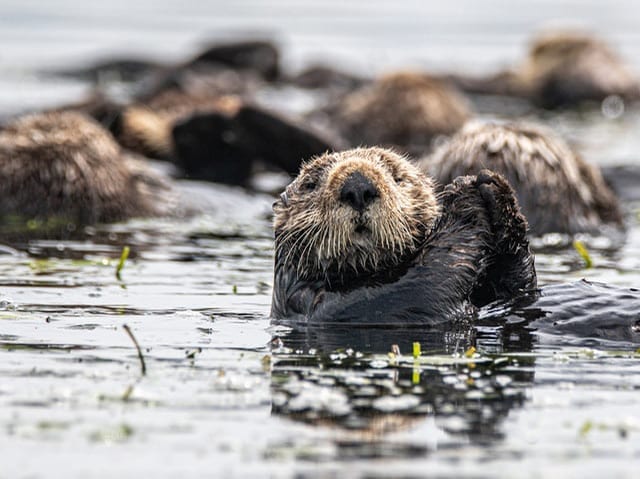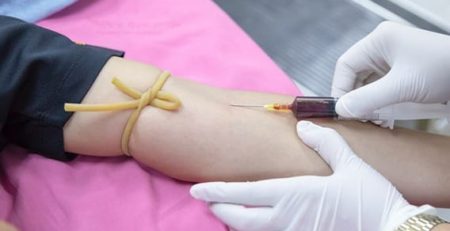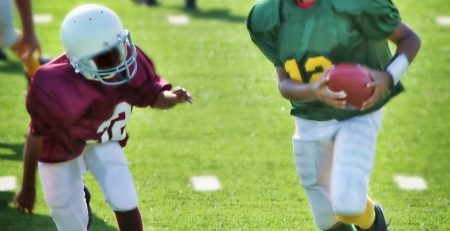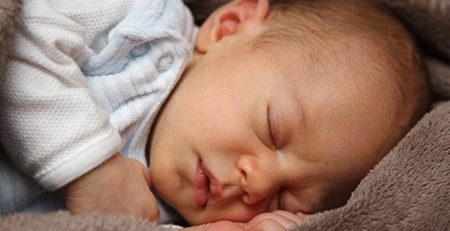Animals Lose Ability to Avoid Predators After Coming in Contact with Humans
A new study suggests that we may be inadvertently doing more harm to our furry friends than good, according to IFLScience.com. “Appearing in the journal PLOS Biology, the paper indicates that wild animals quickly lose their ability to sniff out and avoid predators once they have come into contact with people.”
The team collected 173 previous studies into antipredator traits in 102 different animal species living in domesticated, captive, and urbanized environments and found that “any contact with humans leads to a rapid reduction in mean antipredator responses.” And these changes were visible within the first generation after contact with humans, “suggesting that the initial response is a result of behavioral flexibility, which may later be accompanied by genetic change if contact continues over many generations,” according to a news release.
Unsurprisingly, domesticated animals, such as cats and dogs, experienced the fastest loss of antipredator behavior, presumably because of the protection provided by humans. Researchers also found that urbanized animals also lose their antipredator response but at a rate three times longer than domesticated animals.
“While it is well known that the fact of being protected by humans decreases antipredator capacities in animals, we did not know how fast this occurs and to what extent this is comparable between contexts,” lead author Dr. Benjamin Geffroy said. “We believe they should be systematically investigated to draw a global pattern of what is happening at the individual level. We need more data to understand whether this occurs also with the mere presence of tourists.”
The study authors also suggest that animals living under the protection of humans may need to be retaught to display antipredator behaviors or be exposed to predators prior to release in order to have any chance of surviving in the wild.














